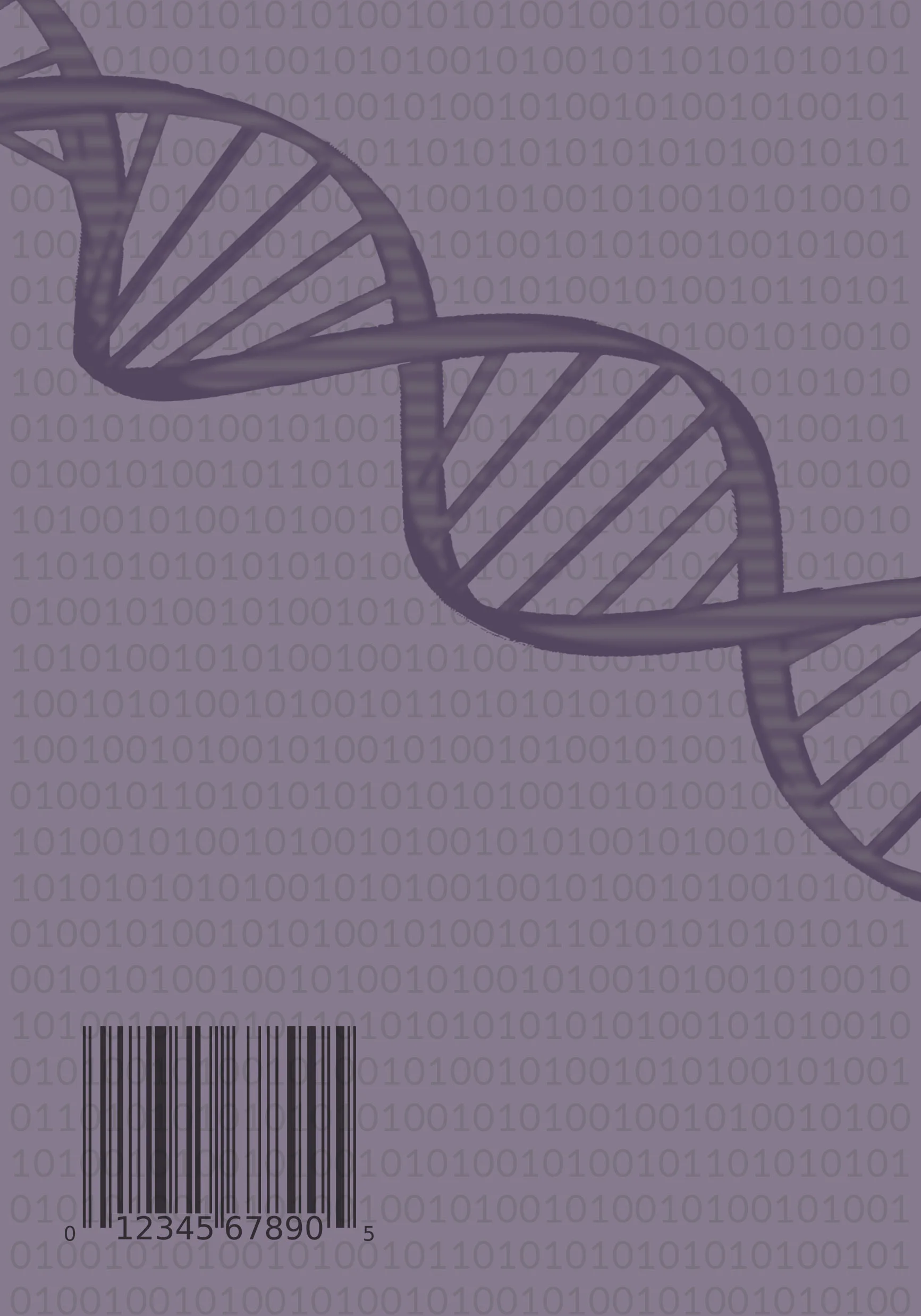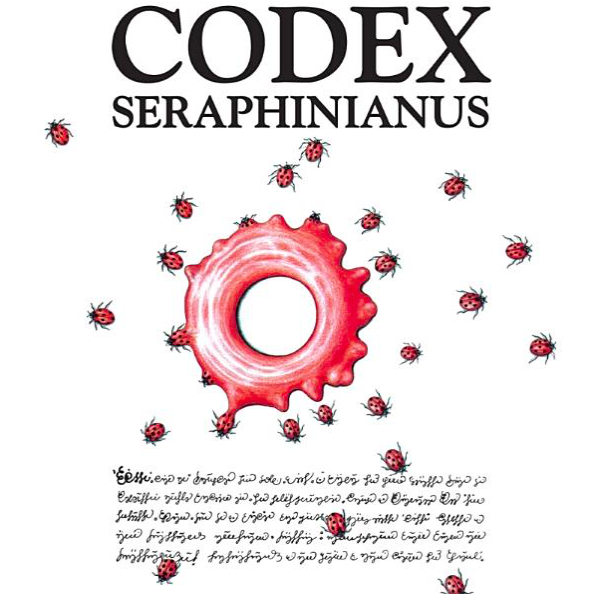Codes
The earliest human code systems were constituted from intentional and unintentional signs, gestures, and sounds processed (consciously and unconsciously) by the fittest survivors of the genetic lottery beginning some eight million years ago. A footprint, a broken branch, or the musky smell of hunger or fear registered as a sign that dinner or danger was near. Raised eyebrows or deictic gestures converted and translated thoughts into actions, concepts or commands, “look” or “there.” Language, itself a complex system of code and a uniquely human structure, has deeply contributed towards the creation of more codes.
Codes invariably function to generate distinctions. From notational systems (language, scores, algorithms) to signs (traffic lights, advertisements, emoticons) codes are everywhere, whether we decipher them or not. Codes also suggest a hidden truth. Psychoanalysts help patients “decode” their unconscious drives and desires to alleviate a variety of mental health issues. Many codes are meant to be secret or for a specific audience. A catcher discreetly flashes coded hand signals to tell a pitcher to throw a curve or knuckleball. A political candidate “blows the dog whistle” when he campaigns for “states’ rights,” which targeted subgroups hear as “institutional racism,” thereby allowing coded language to hide in plain sight. Similarly, members of multilingual social groups “code switch” to accommodate others or establish power. Organizations follow written and unwritten “codes of conduct,” and cities enforce building codes for safety and to regulate development.
This complex history shows how codes used as communication and codes used as translation invariably overlap, for all codes are normative and regulatory systems of distinction, and in the end, are about what is correct and incorrect in terms of human communication and behavior.
In the posthuman age, many argue computer code is humans’ autopoietic expression of the zeros and ones of our own genetic code, translated and digitized in user-friend programs or embodied in intelligent robots. In biochemical laboratories, scientists design drugs that alter the codes neurotransmitters receive. Technologies like CRISPR allow researchers to alter genetic codes to prevent the expression of certain traits and eradicate diseases. Perhaps our contemporary reliance and seeming confidence on codes betrays the immemorial wish to decipher the universe, to find the hidden truth, meaning, and logic of existence. Paradoxically codes always already hide and reveal, inviting investigation and fascination, which often evokes revelation.
For this issue, we seek work in all genres that focuses on codes in any or all of its forms. Deadline for submissions is Feb. 7, 2019. Upload submissions here.






